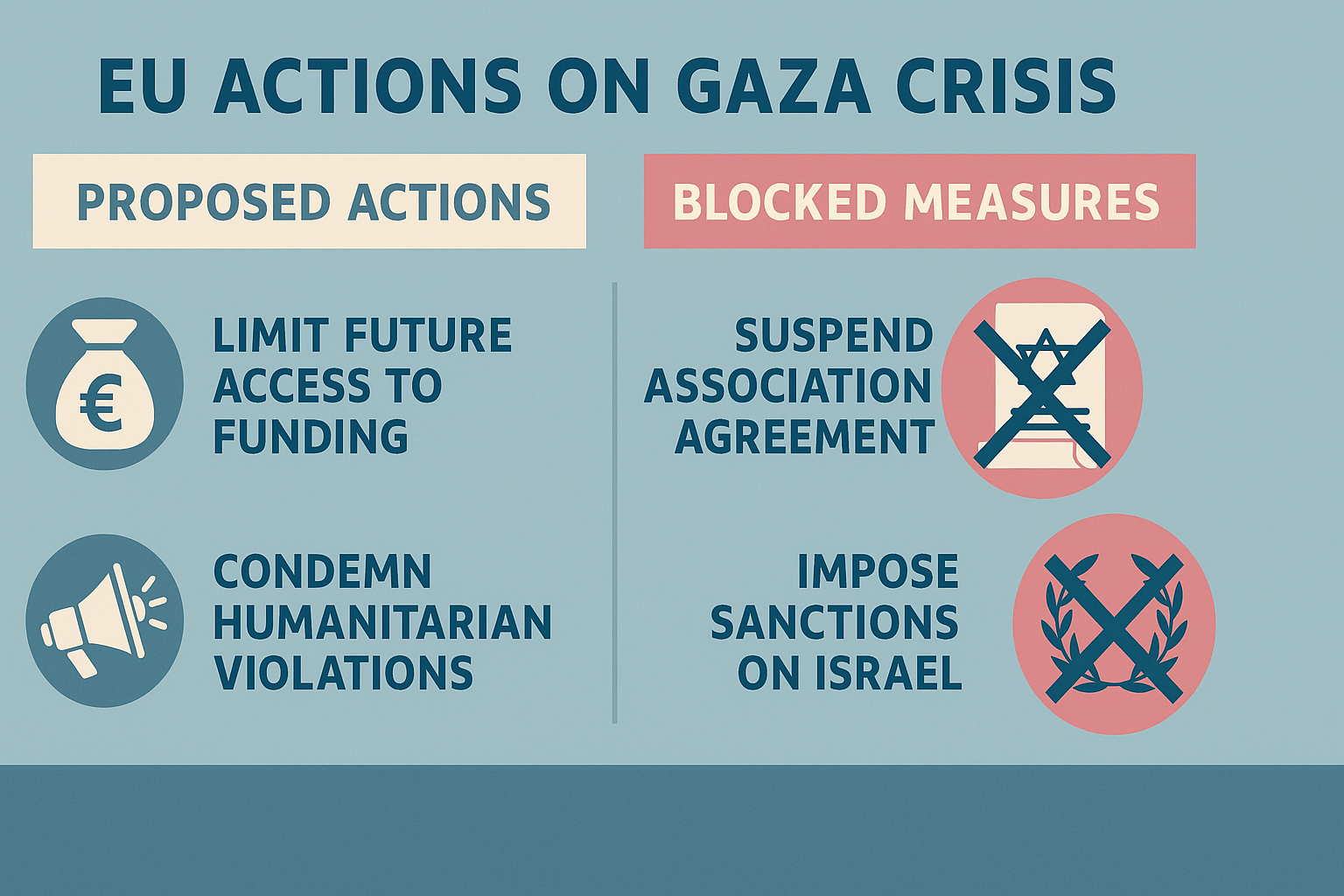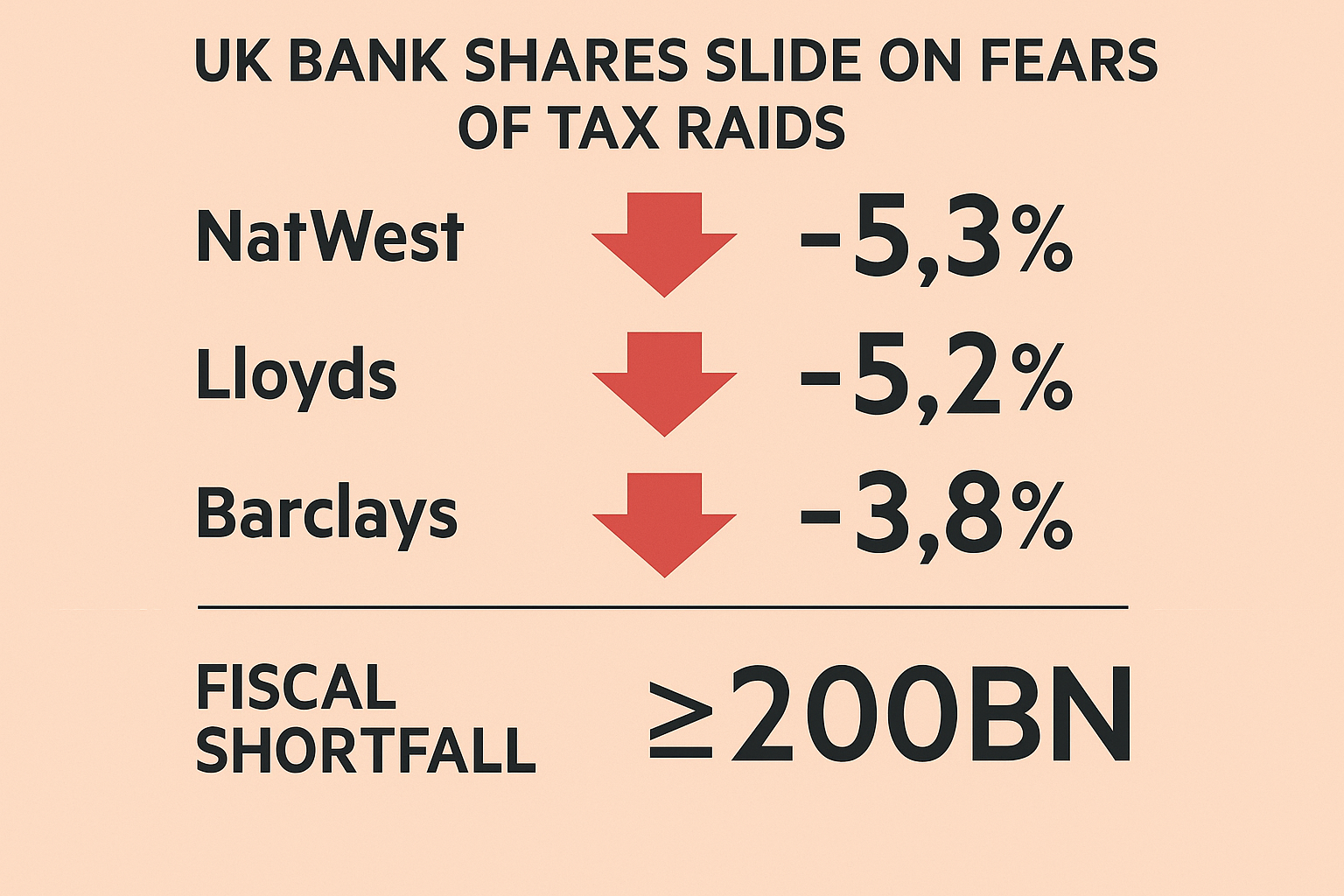European Commission executive vice-president Teresa Ribera has called for urgent and “meaningful” EU action to address the worsening humanitarian crisis in Gaza, warning that “time is running out” and history will not forget the bloc’s response.
Pressure on the Commission
Ribera criticized the European Commission’s limited steps so far, highlighting the lack of consensus among member states. While the Commission has proposed restricting Israeli companies from future access to funding under the Horizon science programme, member states have yet to approve the measure.
She expressed frustration at the inability to build a majority for stronger action, stating:
“I have a long list of things that the bloc should do, but for the time being, we have not managed to get these majorities. I think it is a shame.”
Her remarks underscore growing rifts within the EU executive, where she and other commissioners have been pushing for a tougher response.
Divisions Among Member States
Countries including Germany and Hungary have blocked more forceful action against Israel, limiting the Commission’s scope to symbolic measures. More far-reaching proposals, such as suspending the EU’s association agreement with Israel, have not been put forward.
Ribera emphasized that the EU must uphold its own stated principles on multilateralism and human rights:
“We need to assess, to work and to fight to get something meaningful… because time is running out.”
Context of Criticism
European Commission President Ursula von der Leyen has faced criticism for not speaking out strongly against Israel’s military actions in Gaza, including what rights groups describe as severe humanitarian violations and the worsening famine caused by restrictions on aid imports.
The situation has intensified debate within the bloc, with some member states urging restraint while others push for sanctions or stronger diplomatic pressure.
Next Steps
EU foreign ministers are expected to discuss Gaza at a meeting scheduled for tomorrow. Ribera stressed that despite difficulties in reaching consensus, the EU should not abandon efforts:
“When trying to organise a proper conversation, drafting out a concrete proposal, it has not been possible up to now. But that doesn’t mean that we need to give up — on the contrary.”
Her intervention adds momentum to calls for the EU to move beyond rhetoric and adopt measures that reflect its commitments to human rights and international law, even as internal divisions continue to slow progress.








